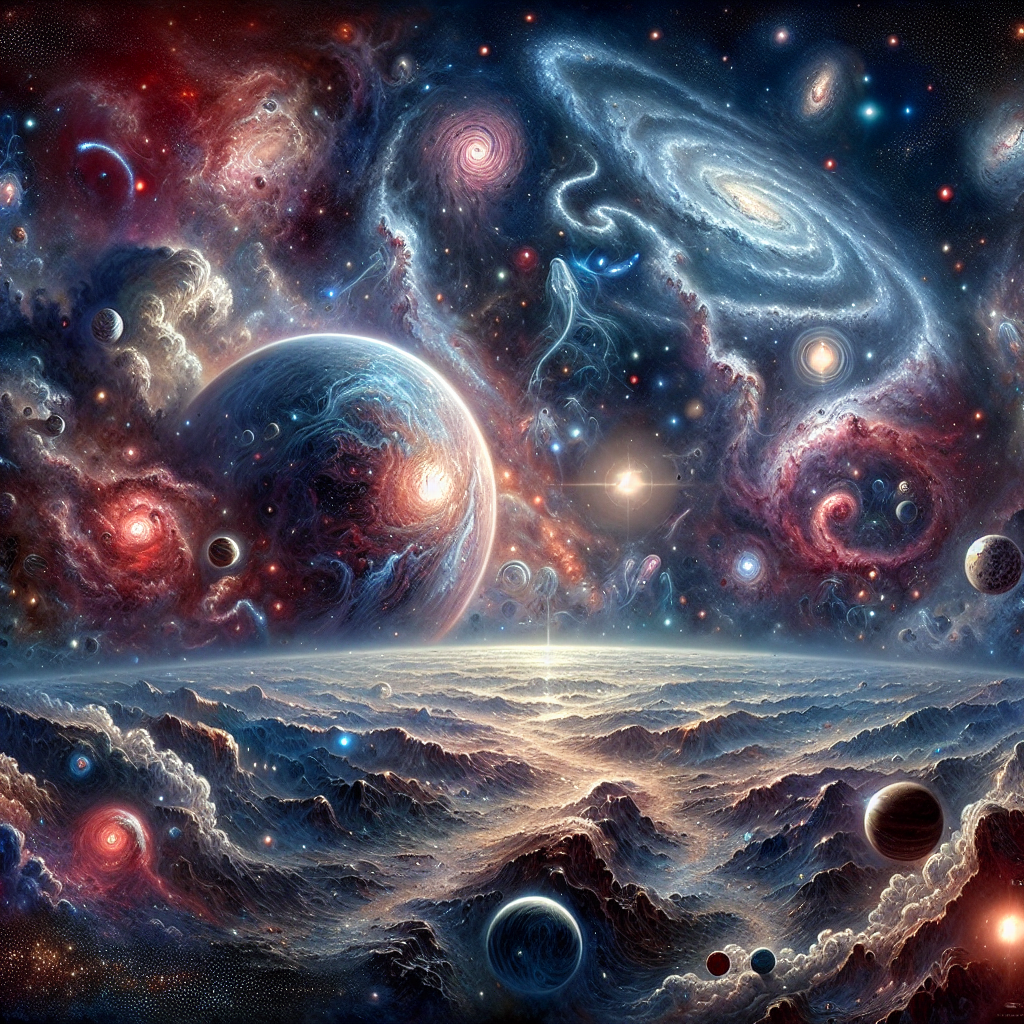Space has always been a source of fascination for humans, sparking our curiosity about what lies beyond our planet. In recent years, advancements in technology and space exploration have allowed us to uncover some of the secrets of the vast expanse of space. From mysterious black holes to the possibility of extraterrestrial life, here are some of the most intriguing secrets of space that have been revealed.
1. Black Holes: Black holes are one of the most mysterious and enigmatic phenomena in the universe. These invisible and incredibly dense objects have such strong gravitational pull that not even light can escape from them. Scientists have been able to study black holes using advanced telescopes and have discovered that they play a crucial role in shaping the galaxies we see in the universe.
2. Exoplanets: Over the past few decades, astronomers have discovered thousands of exoplanets, which are planets that orbit stars outside of our solar system. These exoplanets come in all shapes and sizes, with some potentially being capable of supporting life. The search for habitable exoplanets continues to be a major focus of space exploration.
3. Dark Matter and Dark Energy: The vast majority of the universe is made up of dark matter and dark energy, substances that cannot be seen or detected with traditional telescopes. Dark matter is believed to make up about 27% of the universe and plays a crucial role in holding galaxies together, while dark energy is thought to be responsible for the accelerated expansion of the universe.
4. The Big Bang: The Big Bang theory is the most widely accepted explanation for the origin of the universe. According to this theory, the universe began as a singularity, a point of infinite density and temperature, around 13.8 billion years ago. Since then, the universe has been expanding and evolving into the vast and diverse cosmos we see today.
5. Gravitational Waves: In 2015, scientists made a groundbreaking discovery when they detected gravitational waves for the first time. These ripples in spacetime are caused by the collision of massive objects, such as black holes or neutron stars. Gravitational waves provide a new way of studying the universe and have already led to some significant discoveries.
6. The Multiverse: The idea of a multiverse, or the existence of multiple universes parallel to our own, is a tantalizing concept that has captured the imagination of scientists and science fiction writers alike. While the existence of a multiverse is still a matter of debate among physicists, it raises intriguing questions about the nature of reality and our place in the cosmos.
7. Panspermia: Panspermia is the hypothesis that life on Earth may have originated from microorganisms or organic molecules that were transported here from outer space. While the idea of panspermia is speculative, it raises the possibility that life may exist elsewhere in the universe and could potentially be brought to other planets through meteorites or other means.
8. The Fermi Paradox: The Fermi Paradox is the apparent contradiction between the high probability of extraterrestrial civilizations existing in the universe and the lack of concrete evidence for their existence. The search for extraterrestrial intelligence (SETI) continues to scan the skies for signals from other civilizations, but so far, no definitive proof of alien life has been found.
As our understanding of space continues to evolve, we are sure to uncover even more secrets and mysteries that will expand our knowledge of the universe. From the depths of black holes to the possibility of life on distant exoplanets, the secrets of space reveal a universe that is both awe-inspiring and full of wonder.


Leave a Reply